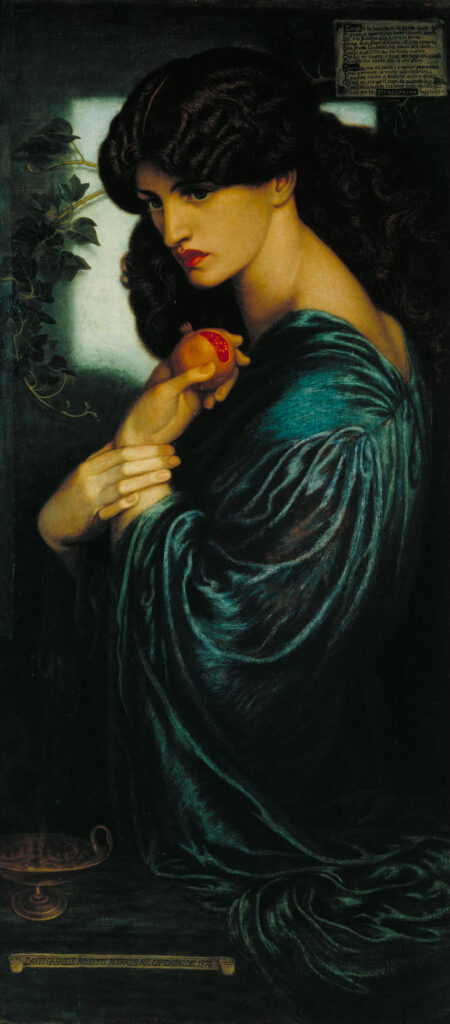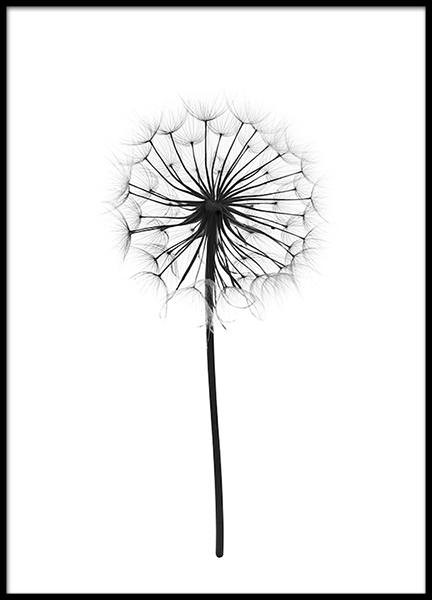
As I spend the last days of summer here in Greece, the pomegranate seems to be everywhere, alluding to Persephone’s annual journey to the Underworld. They are ripening on trees in my aunt’s yard, they are hanging with bells from tourist shops, they are speaking to me with bittersweet memories of childhood.
As a little girl attending the Greek Orthodox Church I had mixed feelings about the monthly memorial services chanted in memory of loved ones who died. On one hand it made me cringe as it always extended the Sunday service by at least 20 minutes, on the other hand, I eagerly awaited the prize at the end of the service- koliva (boiled wheat with raisins, almonds, powdered sugar and pomegranate seeds given to the congregation by the family of mourners.) What a delicious treat!
I think about my own life, and this year, the story of Persephone, her journey into winter, seems more relevant than ever. These have been a hard few years for the family, with several devastating and untimely deaths, and a sense of profound loss permeating every family gathering. With all of the mnemosyna (memorials} on the horizon, and the coming of autumn weather I think of koliva, and of course, pomegranate seeds.
The wheat symbolizes the cycle of life and death, the sugar for the sweetness of the memories of our loved one, and the pomegranate seeds, representing the soul’s descent into Hades. I decide to do a little research: “the association between death and life, between that which is planted in the ground and that which emerges, is deeply embedded in the making and eating of koliva.” This ritual, which is performed in Orthodox churches all over the world- from Greece, to Russia, to Syria, to Ethiopia, to the US, has it roots in early pagan beliefs and practices- not a surprise!
As an adult I am suddenly interested in the things I took for granted as a child. With a little further research, I learn that the word mnemosyno originates from the name of the goddess of memory, Mnemosyne- not really news. But what really resonates right now is what I learn next- Mnemosyne was the mother of the nine Muses. Here, the ritual, the onset of Fall, the story of Persephone in Hades, the eating of koliva all come together for me.
Perhaps it’s my age, or the season, or my circumstance, but I have been reflecting on how essential the Pause, or the fallow season, is to creativity, authenticity, and vitality. And how interesting that Memory is the mother of the Muses. When we look at fruit tree in winter, there is little to show that it is anything other than dead. But underground, countless microbes, insects, and worms are busy turning the soil, fixing nitrogen at its roots, building a reserve upon which luscious fruiting may build. So, we find that Demeter’s grief, her tears, as necessary as they are, contain the seeds of celebration. In Hades, Persephone has become sovereign. She is now a queen, finding in the barrenness of the Underworld her own power.
The pomegranate invites us, as we grieve, as we draw on sunlit memories, as we savor the last of summer, to receive the gift of the darkening days and to discover our own sovereignty, as did Persephone.
